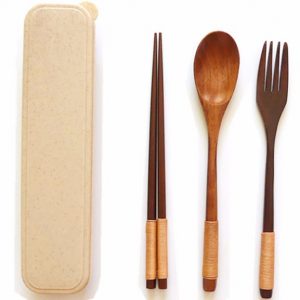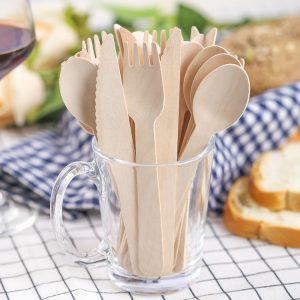Mastering the art of knife sharpening is a valuable skill that can greatly improve the performance and longevity of your knives. Here are some tips to help you sharpen your knives effectively:
- Choose the Right Sharpening Tool: There are several methods for sharpening knives, including whetstones, honing steels, and electric sharpeners. Each method has its advantages and techniques, so choose the one that suits your preference and skill level.
- Regular Maintenance: Regularly hone your knife using a honing steel before or after each use. Honing realigns the edge, keeping it sharp between sharpening sessions.
- Know the Angle: Determine the appropriate sharpening angle for your knife. For most Western-style knives, a 20-degree angle is common, while Japanese knives often have a sharper angle, around 15 degrees. Check the manufacturer’s recommendations or use an angle guide to maintain consistency.
- Keep it Lubricated: When using a whetstone, keep it wet with water or honing oil to prevent friction and ensure a smoother sharpening process.
- Maintain a Consistent Pressure: Apply even pressure along the entire length of the blade when sharpening to avoid uneven results.
- Use Proper Technique: If using a whetstone, position the knife’s edge on the stone at the desired angle and draw the blade across the stone in a smooth, controlled motion. Repeat on both sides of the blade.
- Take Your Time: Sharpening takes practice and patience. Don’t rush the process, as it can lead to mistakes and uneven sharpening.
- Test the Edge: After sharpening, test the knife’s edge by slicing through a piece of paper or a ripe tomato. A properly sharpened knife should glide through with minimal effort.
- Sharpening Frequency: How often you need to sharpen your knife depends on usage. Generally, home cooks can sharpen their knives every few months, while professional chefs may do it more frequently.
- Avoid Over-Sharpening: Over-sharpening can wear down the blade quickly. Only sharpen when necessary and use honing to maintain the edge between sharpening sessions.
- Take Care of Your Sharpening Tools: Clean and store your sharpening tools properly to keep them in good condition. Rinse whetstones thoroughly after use and allow them to dry completely.
- Seek Professional Help If Needed: If you’re unsure about sharpening your knives, or if they have significant damage or wear, consider taking them to a professional knife sharpener.
Remember, practice makes perfect when it comes to knife sharpening. With time and experience, you’ll develop a better understanding of your knives and the sharpening techniques that work best for you. Sharpening your knives regularly will ensure they remain in peak condition, enhancing your cooking experience and safety in the kitchen.







